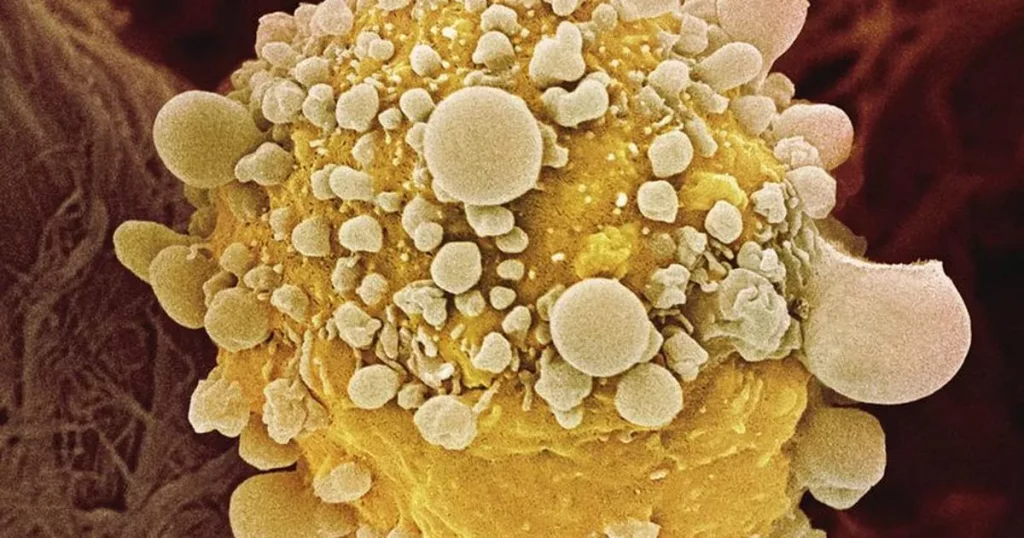Fenbendazole 222mg Capsules For Humans

Fenbendazole kills cancer cells by reactivating the p53 gene, inducing apoptosis, and blocking tumor cell glucose absorption. It also stops cancer cells from growing and spreading. This drug can cause asymptomatic liver enzyme elevations in people with severe renal or liver failure, so dosages must be reduced or divided.
Johns Hopkins researchers discovered this cancer treatment accidentally when they realized that a commonly used veterinary anthelmintic medication stopped glioblastoma tumors from growing on some mice in their laboratory.
Anti-Cancer
Fenbendazole has long been used as an animal anthelmintic and has a track record of safety for long term use in humans. It has also been shown in lab experiments to be an effective anti-cancer drug.
The anti-cancer effects of fenbendazole are based on its radiosensitizing properties, which it exhibits in various cancer cell types. A 2-h treatment with fenbendazole reduced the number of cells capable of proliferating after radiation exposure in cultures exposed to both aerobic and hypoxic conditions. The cytotoxicity of fenbendazole was dose- and time-dependent, with the toxicity increasing as the concentration increased and reaching a plateau at higher concentrations.
In separate experiments, tumor-bearing mice were injected i.p. with either three daily fenbendazole injections, 10 Gy of radiation, or a combination of the two treatments (Figure 3). Neither the growth of unirradiated tumors nor the radiation response of irradiated tumors was significantly altered by treatment with fenbendazole alone. Neither local invasion nor lymph node metastases were detected in the irradiated tumors treated with the three-injection fenbendazole regimen.
Anti-Inflammatory
Fenbendazole has been found to have anti-inflammatory properties. It can help to reduce the risk of inflammatory diseases, such as arthritis. It works by preventing the formation of new cells and reducing inflammation. It can also help to relieve pain from arthritis and fibromyalgia.
In laboratory mice, fenbendazole has been shown to significantly suppress tumor growth. It interferes with several mechanisms of cancer development, including evading drug resistance. The medication binds to -tubulin in cancerous cells, inhibiting their assembly, thereby causing cell cycle arrest and apoptosis. It also prevents cancer cells from absorbing glucose, a process known as the Warburg effect.
In addition to its anti-inflammatory properties, fenbendazole has also been shown to stimulate the p53 tumor suppressor gene in colorectal cancer cells. It may also increase the effectiveness of other cancer treatments. However, fenbendazole can cause an asymptomatic rise in liver enzymes when taken for long periods without interruptions. This can be reversed by taking a break from the medication for four days.
Anti-Worm
Fenbendazole is a benzimidazole class drug with broad-spectrum anthelmintic activity. It kills parasites by inhibiting the production of microtubules in the cell. It is also effective against a wide variety of parasitic infections in animals. It has been used for decades to treat parasites in pets, livestock and poultry.
Veterinary experts are investigating whether fenbendazole has anti-cancer effects. The medicine works as an anthelmintic and could be useful in human cancer treatment, but there is no definitive evidence. It is available in granules and liquid suspension for animals. It should be administered according to the instructions of a veterinarian.
Fenbendazole is sold in Canada under the brand name Panacur. It is also available as a compounded medication at the request of your veterinarian. The dosage depends on the weight of your pet and numerous health parameters. Typically, a 10-pound dog will receive 222mg per dose. The medicine should be taken for five days. During the treatment period, avoid feeding your pet meat or eggs.
Anti-Osteoporosis
Fenbendazole is a poorly absorbed drug in the gut and only about 10% of a dose is excreted. However, the drug’s bioavailability is enhanced when the capsules are administered with food, which increases blood flow to the digestive system and increases absorption.
Anthelmintics used to treat parasites in animals are being studied as potential cancer treatments for humans. However, it’s a long journey from animal testing to human approval.
In the experiments shown in Figure 1, 10 mM fenbendazole was added to the cultures either a few seconds before or 22 h before 2-h treatments of graded doses of docetaxel. Survivals were measured after a colony formation assay. The relative surviving fractions (YCSF) are shown as geometric means+-SEM of the results from three independent experiments. Severe hypoxia increased the toxicity of fenbendazole treatment, but this was due to a decrease in cell numbers rather than a change in the shape of the dose-response curve. These data indicate that the combination of fenbendazole and docetaxel produces additive toxicities.fenbendazole 222mg capsules for humans
